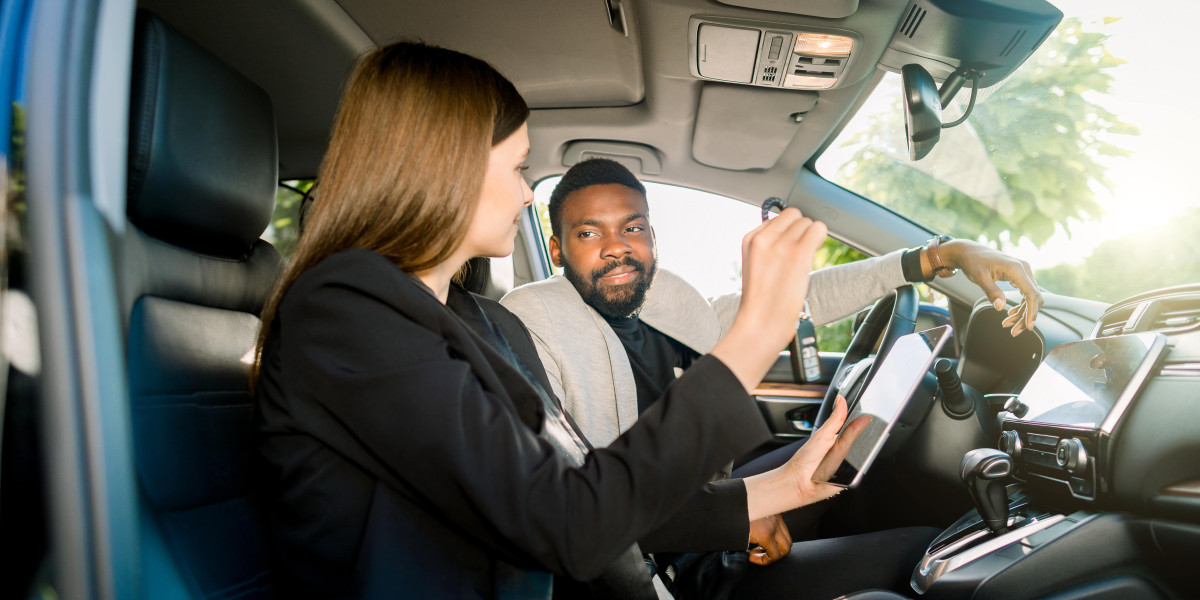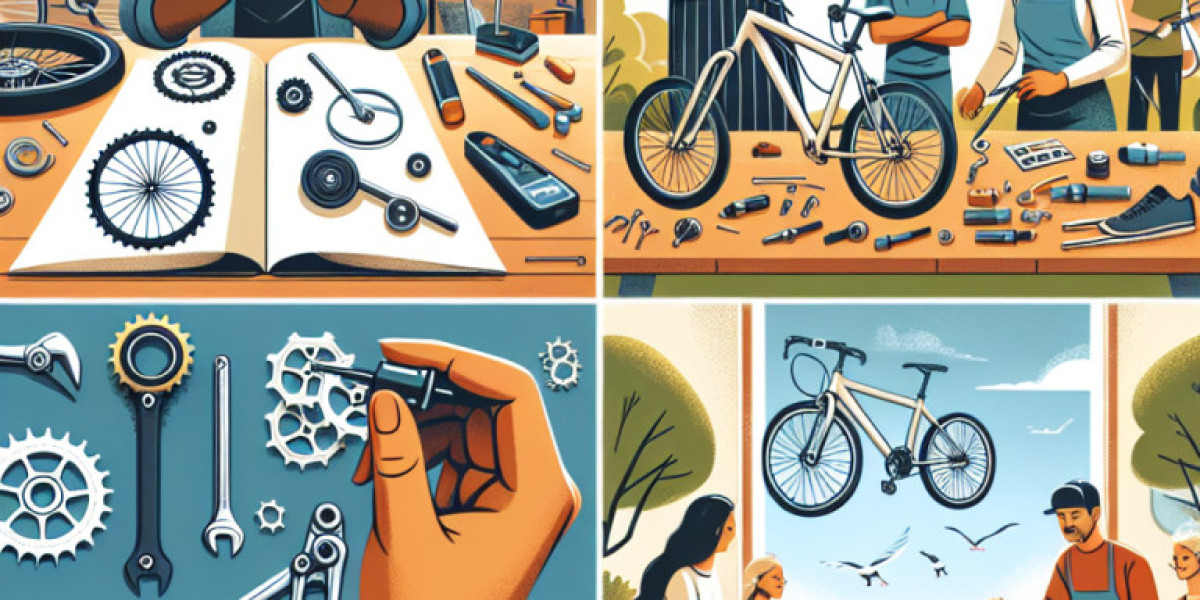
Understanding the UK Driver's Licence: A Comprehensive Guide
Getting a driver's licence in the United Kingdom is a considerable milestone for many people. It not just symbolizes independence but likewise offers higher freedom in personal and professional aspects of life. This post intends to supply a detailed overview of the UK driver's licence, including how to apply, various types of licences, and different guidelines connected to driving in the UK.
Summary of the UK Driver's Licence
In the UK, a driver's licence is a main document that allows a private to run automobile on public roadways. The driving licence system in the UK is structured and managed by the driver licence uk and Vehicle Licensing Agency (DVLA).
Types of UK Driver's Licences
The UK offers several kinds of driving licences, each customized for different categories of automobiles. These consist of:
Provisional Licence:
- Age Requirement: Minimum of 17 years
- Permits learners to drive under particular conditions.
- Can not drive without buy a driver license qualified driver accompanying them.
Full Licence:
- Issued when an individual has actually passed both the theory and practical driving tests.
- Different categories offered based upon car types:
- Category B: Cars
- Classification A: Motorcycles
- Category C: Large products lorries
- Classification D: Buses
International Driving Permit (IDP):
- Required for driving in some foreign nations.
- Issued to UK licence holders at Post Office branches.
Momentary Licences:
- For individuals who may have lost their licence or are awaiting updates on their present licence.
The Application Process for a UK Driver's Licence
Making an application for a driver's licence in the UK involves numerous steps, whether for a provisional or complete licence. Here are the vital steps in detail:
Step 1: Obtain a Provisional Licence
- Eligibility: Individuals should be at least 17 years of ages to apply.
- Application: Applications can be made online by means of the DVLA site or through paper kinds available at post workplaces.
- Files Required:
- Proof of identity (passport or another official ID).
- National Insurance number (if available).
- A postal address in Great Britain.
Step 2: Study for the Theory Test
- Content: The theory test consists of multiple-choice questions and a danger understanding test.
- Preparation: Various resources are available, including online courses, apps, and books that aid in preparation.
Action 3: Pass the Theory Test
- The theory test must be cleared before attempting the useful driving test.
Step 4: Practical Driving Test
- Learning and Instruction: An individual can take driving lessons with a qualified instructor or learn with an approved accompanying driver.
- Scheduling the Test: Once confident in driving abilities, candidates can schedule their practical test license online.
- Test Components: The dry run evaluates driving skills, maneuvers, and real-world driving conditions.
Step 5: Receiving the Full Licence
- After successfully passing the useful driving test, the DVLA will provide a full driving licence, which allows people to drive individually.
Rules and Regulations
Keeping a legitimate driving licence uk licence in the UK requires adherence to numerous rules and regulations:
- Renewal: Licences need to be renewed every 10 years. Renewal can be done online or via paper application.
- Points System: The UK uses a charge points system. Particular traffic offences lead to points being contributed to a driver's licence, which can cause severe repercussions if the build-up exceeds a specific limit.
- Medical Conditions: Drivers need to notify the DVLA of any medical condition that could affect their ability to drive.
Common Challenges in Obtaining a Licence
Obtaining a driver's licence can sometimes be challenging. Here are some typical obstacles faced by aspiring drivers and suggestions on how to tackle them:
- Nervousness During Tests: Many candidates experience anxiety throughout their theory or dry runs. It is a good idea to take mock tests or participate in session to develop self-confidence.
- Failure to Pass Tests: If a specific fails their tests, they can retake them after a certain waiting period. Preparing with additional driving lessons or study materials can help in subsequent attempts.
- Comprehending Rules: The complexities of road guidelines and guidelines may be frustrating. Registering in a trustworthy driving school can supply clearness and insight into these regulations.
Frequently asked question Section
1. For how long does it take to get a driving licence in the UK?The timeline differs based upon the person's knowing pace. Typically, obtaining a full licence can take a couple of months, consisting of discovering time and the waiting duration for tests. 2. Can I drive while awaiting my full
licence?You can drive with your provisional licence if accompanied by a certified driver who is at least 21 years of ages and has held a complete licence for three or more years. 3. What do I do if I lose my driving licence?You can look for a replacementlicence by means of the DVLA website or through post, offering essential identification and paying the needed fee. 4. Just how much does it cost to get a driver's licence in the UK?Costs can vary considerably but generally consist of application costs , the theory test charge, dry run costs, and driving lessons. In general, it might total countless pounds, depending on specific scenarios. 5. Is there a minimum variety of lessons I must take?There is no official minimum variety of lessons mandated. Nevertheless, taking lessons up until you feel great is advisable. Getting a driver's licence in the UK is a rewarding procedure that unlocks to mobility and freedom. By understanding the steps included, the kinds of licences offered, and the regulations governing driving, prospective drivers licence uk (Https://www.lenastark.top/automotive/unlock-your-road-to-freedom-how-to-secure-your-uk-driving-licence-online/) can navigate the system efficiently. Whether one is a learner or an experienced driver, remaining notified on the most recent policies and finest practices is essential to guarantee safe and accountable driving within the UK.






